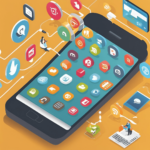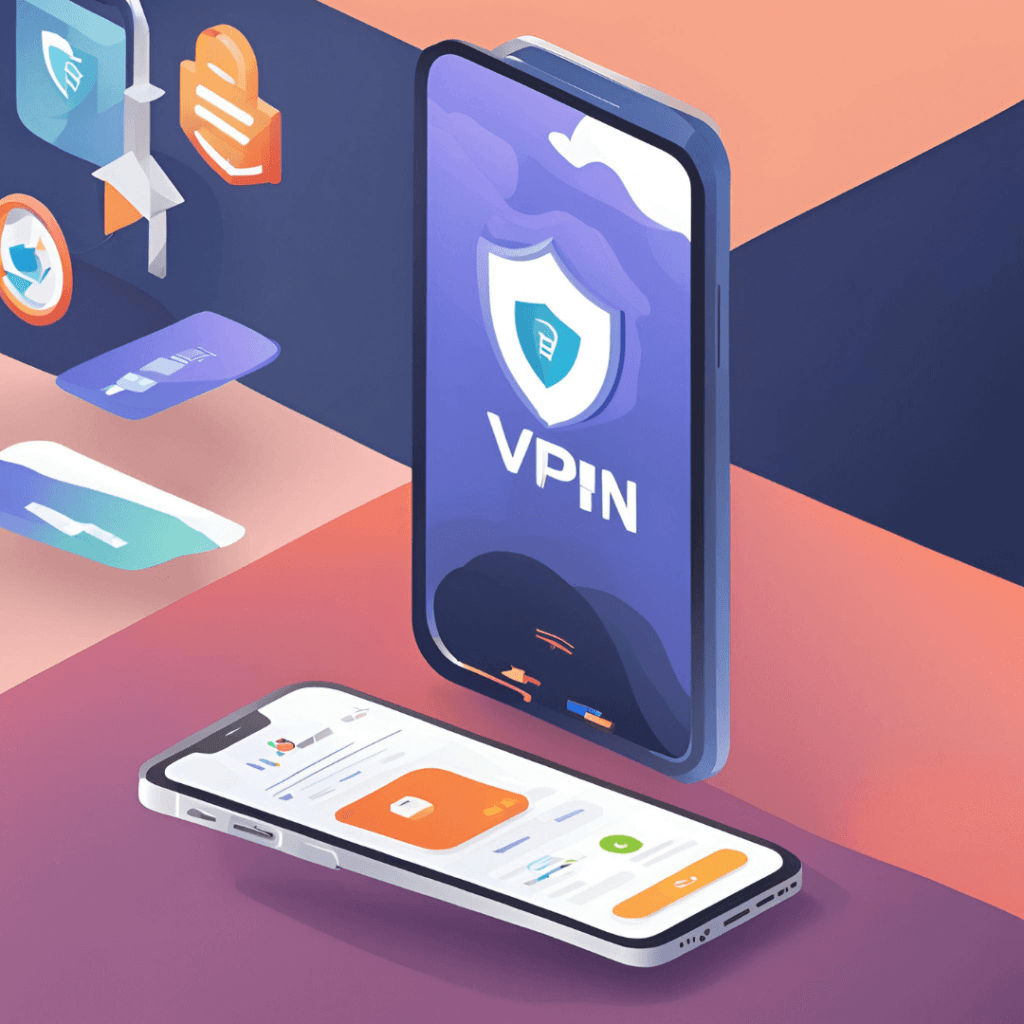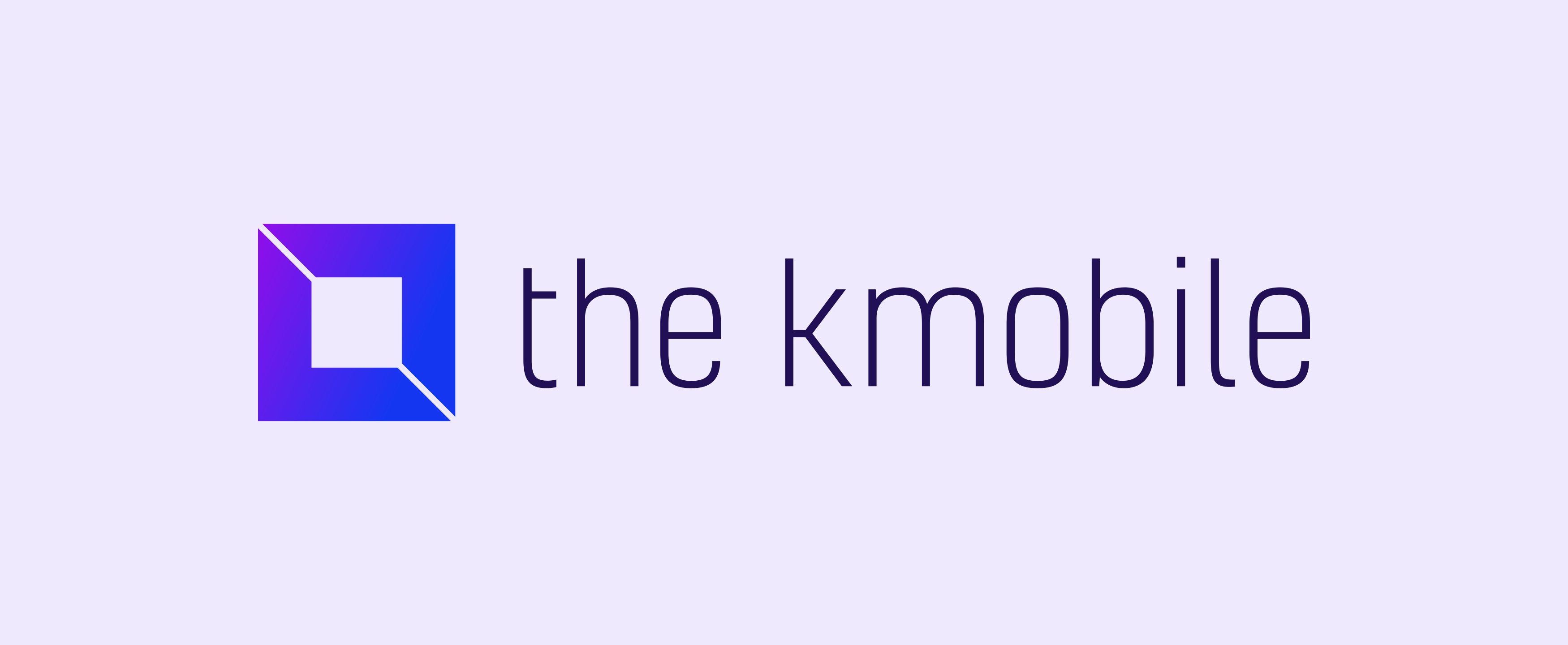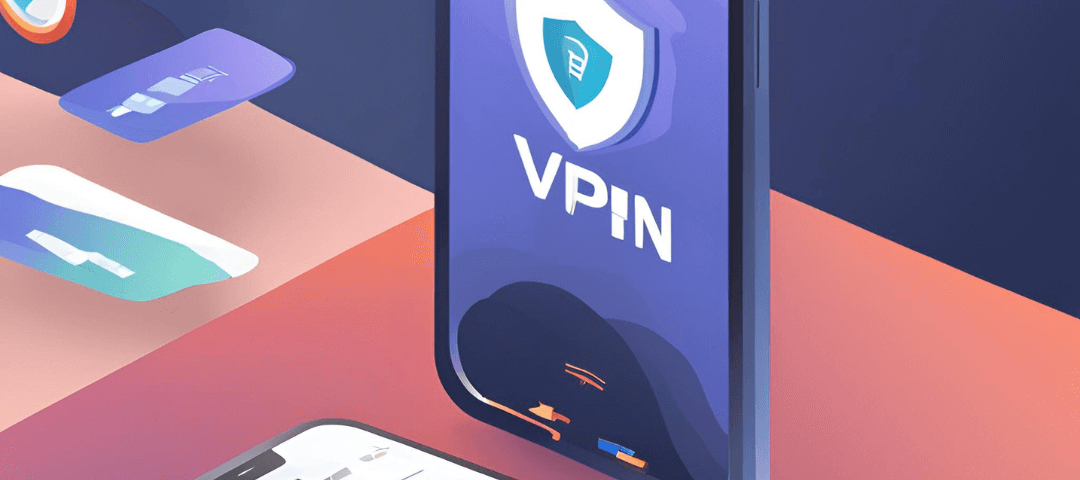
Why Your Business Absolutely Needs a Mobile App (And It’s More Beneficial Than You Think!)
October 2, 2023
Top Trends in Mobile App Development for 2024
August 5, 2024In today’s digital age, maintaining online privacy and security is paramount. One effective way to ensure your online activities remain private is by using a VPN (Virtual Private Network). This guide will walk you through enabling a VPN on your iOS device, provide tips on safe usage, and highlight behaviors to avoid while using a VPN.

What is a VPN?
A VPN creates a secure, encrypted connection between your device and the internet. This encrypted tunnel prevents hackers, ISPs, and other entities from snooping on your online activities. VPNs are particularly useful for protecting sensitive information, accessing geo-restricted content, and maintaining anonymity online.
Why Use a VPN on iOS Devices?
- Privacy Protection: Encrypts your internet connection to protect your data from prying eyes.
- Secure Public Wi-Fi: Shields your data from hackers on public Wi-Fi networks.
- Access Restricted Content: Bypasses geo-restrictions to access content from different regions.
- Anonymity: Hides your IP address to keep your online activities anonymous.
How to Enable a VPN on iOS Devices
Follow these steps to set up a VPN on your iPhone or iPad:
1. Choose a VPN Service
First, choose a reputable VPN service. Some popular options include NordVPN, ExpressVPN, and CyberGhost. Download and install the app from the App Store.
2. Open Settings
Go to the Settings app on your iOS device.
3. General Settings
Scroll down and tap on General.
4. VPN Settings
Tap on VPN.
5. Add VPN Configuration
Tap on Add VPN Configuration…
6. Enter VPN Details
Enter the VPN configuration details provided by your VPN service. This usually includes the type of VPN (IKEv2, IPSec, or L2TP), server address, remote ID, and authentication credentials.
7. Save and Connect
Tap Done to save the configuration. To connect, toggle the VPN switch in the Settings menu.
How to Use a VPN Safely
While using a VPN enhances your online security, following these best practices ensures maximum protection:
1. Enable VPN on Public Wi-Fi
Public Wi-Fi networks, such as those in cafes, airports, and hotels, are breeding grounds for hackers. Always activate your VPN when connecting to public Wi-Fi to encrypt your data and protect it from prying eyes.
2. Regularly Update Your VPN App and iOS
VPN providers frequently release updates to improve security features and fix vulnerabilities. Ensure your VPN app and iOS are always up to date to benefit from the latest security enhancements.
3. Check VPN Connection Regularly
Regularly check your VPN connection to ensure it remains active and secure. Some VPNs offer features that automatically reconnect if the connection drops, providing continuous protection.
4. Avoid Logging into Sensitive Accounts
While a VPN provides encryption, it’s best to avoid logging into sensitive accounts, like online banking, when connected to a VPN. Some VPNs may have vulnerabilities, and it’s safer to access these accounts on a secure, home network.
5. Do Not Disable Your Firewall
A firewall acts as an additional layer of security by monitoring and controlling incoming and outgoing network traffic. Never disable your firewall when using a VPN, as it works in tandem with the VPN to protect your data.
6. Be Cautious with Free VPNs
Free VPN services can be tempting, but they often come with drawbacks such as logging your data, displaying ads, and offering weaker encryption. Opt for a reputable, paid VPN service to ensure your data is genuinely protected.
Common Misconceptions about VPNs
1. VPNs Make You Completely Anonymous
While VPNs hide your IP address and encrypt your traffic, they do not make you completely anonymous. Websites can still track you through cookies, and VPN providers might log your activities. For full anonymity, combine VPN usage with other privacy tools like Tor.
2. All VPNs are the Same
Not all VPNs offer the same level of security and privacy. Differences exist in encryption standards, speed, server locations, and privacy policies. Research and choose a VPN that aligns with your security needs.
3. VPNs Don’t Affect Internet Speed
A VPN can affect your internet speed due to the encryption process and the distance between you and the VPN server. To minimize this impact, choose a VPN provider known for high-speed connections and select a server close to your location.
Conclusion
Using a VPN on your iOS device is a great way to secure your internet connection, protect your privacy, and access restricted content. By following the steps outlined in this guide, you can easily set up a VPN and use it safely. Remember to always choose a reputable VPN provider and follow best practices to ensure your online activities remain private and secure.


